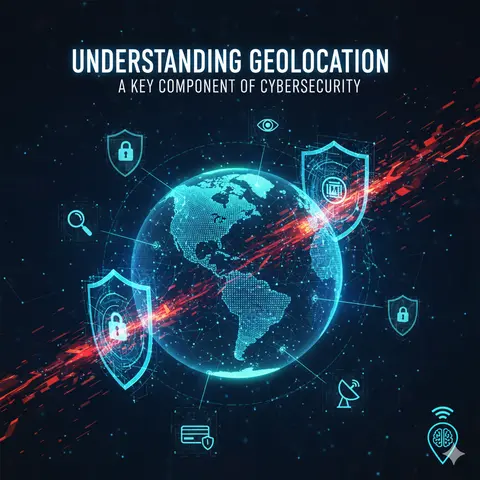
Understanding Geolocation: A Key Component of Cybersecurity
When you type a familiar web address into your browser, you might assume that everyone, everywhere, sees the same thing. But that's not always the case. A single domain can serve drastically different content depending on where you are in the world. This practice—commonly referred to as geolocation-based content delivery—can be both practical and controversial.
In this article, we'll explore why this happens, look at real-world examples, and consider how it affects the validity of information and our ability to trust online sources.
There are several reasons why a website might present different content depending on your geolocation:
Legal Restrictions
Certain content may be illegal or restricted in specific countries. For example, news outlets may alter reporting in regions with censorship laws.
Business and Marketing Strategies
E-commerce websites often display different prices, products, or offers depending on your country or even city.
Censorship and Propaganda
Governments or organizations may enforce localized narratives, making one domain a tool for information control.
Performance Optimization
Content Delivery Networks (CDNs) can optimize delivery by caching region-specific versions of content for faster access.
During political events, some global news organizations have been found serving toned-down or modified articles in certain countries. For example, BBC and CNN have historically delivered restricted versions of their content inside countries with strong censorship, while showing full versions elsewhere.
Amazon and other online retailers often display different prices for the same product depending on your location. A laptop might cost $999 in the U.S. but €1,199 in Europe—even when viewed from the same domain.
In countries like China, platforms such as LinkedIn once served localized censored content, hiding politically sensitive profiles and posts, while showing uncensored versions in other regions.
Netflix, Disney+, and other platforms are prime examples of content regionalization. A movie available on Netflix USA may not be available on Netflix India—even though the same netflix.com domain is used globally.
Here's where things get tricky. If the same website shows different information depending on your location, how can users trust the validity of that information?
News and Information Bias
When reports are altered to comply with local laws or narratives, users may not realize they are consuming incomplete or censored news.
Cross-Verification
To validate information, it's essential to cross-check multiple sources, preferably from different regions. Using VPNs can also help you see how content differs across geographies.
Source Transparency
Trustworthy websites usually acknowledge geolocation differences (e.g., showing a “content restricted in your region” message). The absence of transparency can be a red flag.
The fact that one domain can serve multiple realities depending on where you stand highlights the importance of critical thinking online. Whether it's censorship, business strategy, or content licensing, geolocation-based delivery shapes what you see—and sometimes, what you don't.
For users, the key takeaway is simple:
Don't take a single domain as the sole source of truth. Always question, cross-check, and verify.
Love it? Share this article: